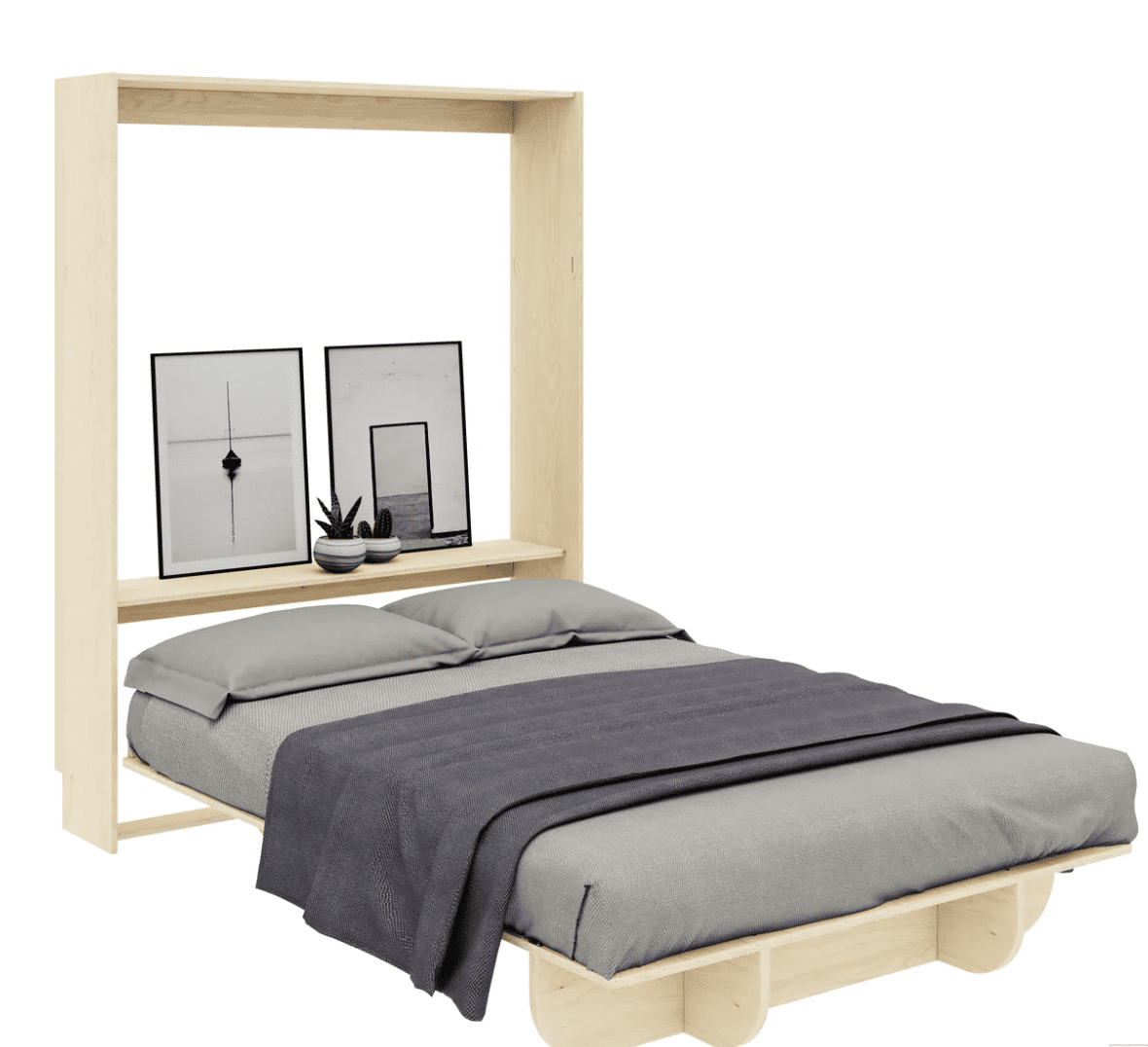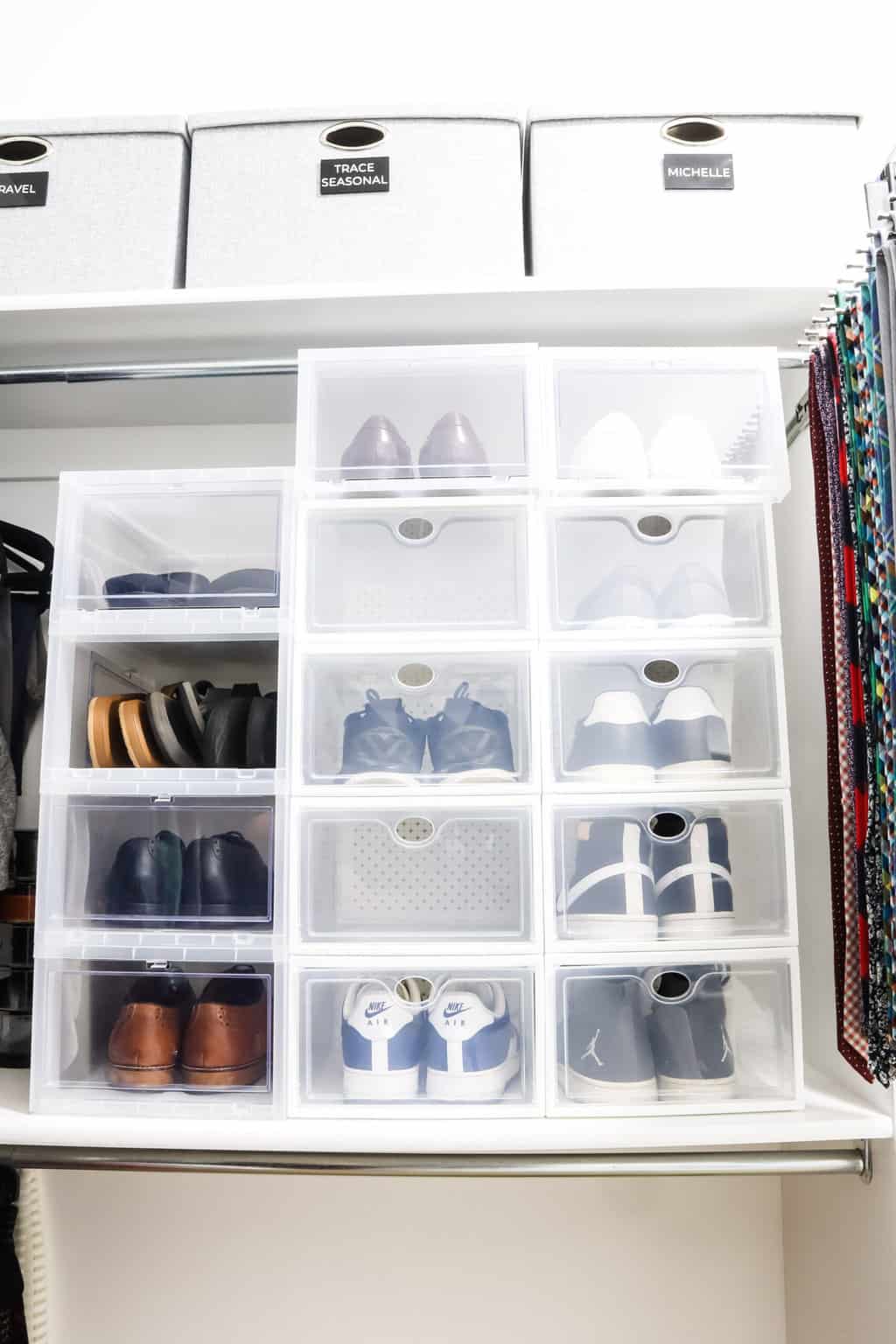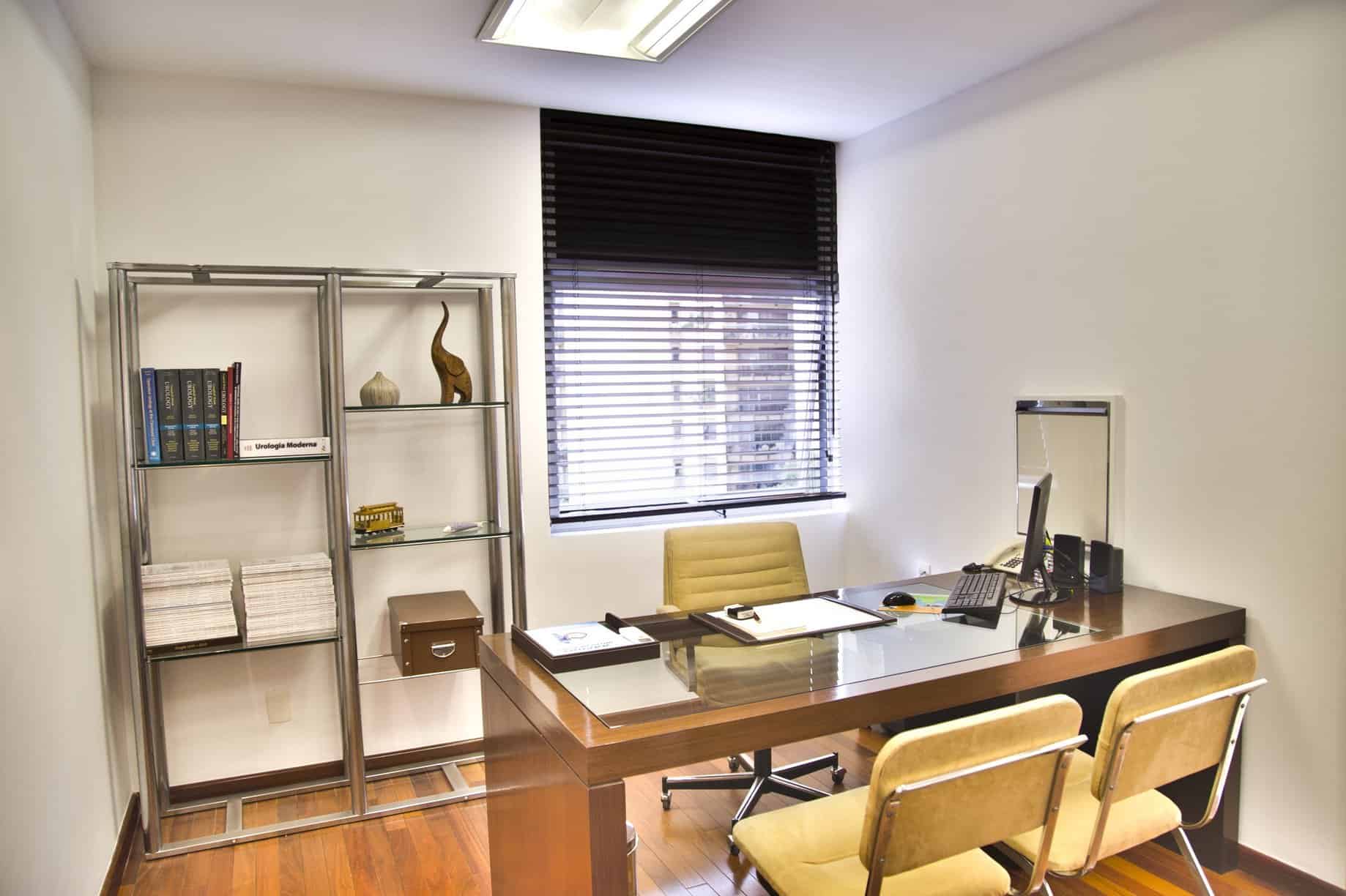Tips on HVAC Maintenance
Maintaining your heating, ventilation, and air conditioning system is essential for any house. HVAC systems take up more than half of your total household energy consumption, and repairing them can be quite costly. If you keep up with regular inspections and servicing, your system will continue to function optimally. Also, you’ll save money on repairs and have it run more efficiently for longer.
Here are some suggestions for maintaining and cleaning your HVAC system so that it lasts as long as possible.

Plan for Routine Inspections and Servicing
Your HVAC system is a piece of machinery, and as such, it needs regular maintenance to ensure its optimal performance. A trained expert can identify and fix any issues that may arise. Many HVAC companies provide service agreements that include periodic inspections.
To find a reputable company to do the maintenance check, you’ll need to do a bit of research. Start with your local area. For example, if you’re from the Canadian province of Manitoba and live in the Winnipeg region, compare reviews and user experiences to choose the top Winnipeg HVAC provider that’s tailored to your needs and budget.
Or, in case you live in North America, for example, in Carrollton, Texas, consider taking a licensed professional because finding reliable air conditioner repair is not an easy job.
If you neglect these inspections, you can end up with far worse problems that will cost a lot more to fix. Keep in mind that there are issues you may not see, but experts will. During a standard maintenance inspection, the professional will:
- Make sure the thermostat is functioning correctly by checking it;
- Replace or clean your filter;
- Put some grease on the gears;
- Make sure there is enough coolant;
- Pay attention to any strange sounds;
- Check the coils and condenser.
Always Remember to Replace Your Filters
Regularly replacing air filters is one of the simplest and most important HVAC maintenance suggestions. A filthy filter can reduce airflow, requiring the system to work harder and driving up the cost of operation. Change filters every few months or as instructed by the manufacturer. It’s important to remember that old filters might be a fire risk as well.
Keep the Area Surrounding Your HVAC Clean
Maintain a clutter-free space surrounding your HVAC system. Maintaining proper ventilation will keep the device from overheating. Check to ensure that the system’s outside is clear of any obstructions like leaves or sticks. Keep the area surrounding the unit free of dirt and grass by sweeping it regularly. In addition, maintain an annual schedule of outside coil cleaning.
Keep the Vents Clear for Your Air Conditioner or Heater
If you want good air circulation around your HVAC system, give it some breathing room. Keep all furniture, carpets, and plants away from the unit. Doing so will decrease efficiency and increase energy expenditures by restricting airflow and forcing the system to work harder. Keep in mind that overheating can also result from blocked airflow.
Check Your Monthly Energy Costs
By keeping an eye on your utility bills, you can gauge the effectiveness of your HVAC system. A spike in your energy bills might indicate that your system is in need of repair. A blocked filter or low amounts of refrigerant are two other possible causes of the problem. In addition to keeping an eye on the utility bill, see how well it’s functioning. How quickly does it heat up the home or chill it down? Is the house too cold or too hot for your liking?
Put in a Programmable Thermostat
You can save money and energy by using a programmable thermostat to set various temperatures at different times of the day. When you’re not at home or when night falls, for instance, you can instruct the thermostat to turn down the heat. In addition to lowering your monthly energy costs, this will also extend the life of your HVAC system.
Put Up Some Insulation
Insulating your house is another option for cutting costs and energy usage. In Canada, for instance, home heating accounts for more than 60% of total residential energy usage. Investing in quality insulation is a great way to save money and cut down on carbon emissions. A well-insulated house requires less energy to maintain a comfortable temperature in summer and winter. Insulating your house properly can reduce the workload of your HVAC system and help you save money.
Perform Annual Maintenance
Your HVAC system will continue to function at peak efficiency with regular maintenance. A technician will check the device for issues and fix or replace it as needed. This procedure will guarantee optimal system performance and help you save money on future repairs. Keep in mind that an annual tune-up means taking care of more than you would in a routine maintenance check. The procedure entails:
- Completely checking out the air conditioning and heating setup;
- Adjustments and cleaning of all machinery;
- A thorough greasing of all moving components is required;
- Take a look at the coolant;
- Inspecting the starter and emergency switches;
- Having the furnace’s filters changed out.
Learn About Your HVAC System
You can better take care of your HVAC system if you have a thorough understanding of how it works. If you have any queries about your system, consult the owner’s handbook, the manufacturer’s website, and your HVAC expert. The ins and outs of your system’s operation and upkeep will be clear to you. Also, pay attention to the noises it produces to help you spot any issues.
Purge the Whole Thing on a Regular Basis
Keeping a clean HVAC system is essential for optimal performance. Cleaning the ducts and the inside and outside of the unit is a part of this service. You can use a brush or vacuum to clean them, and a hose to clean the vents. In addition to boosting efficiency, cleaning the system will eliminate the circulation of any potentially infectious particles in the air.
Seal Any Drafts or Leaks Around the Unit
Seal any openings you see around your HVAC system. The loss of conditioned air due to leaks might lead to higher energy costs. To stop the drafts, apply caulk or weatherstripping. It’s ideal to have a professional repair a leak in the refrigerant lines, but using sealant tape can also help.
Consider a New HVAC System
It might be time to replace your HVAC system if it’s outdated and inefficient. You can lower your carbon footprint and save money with new technology. Talk to an HVAC expert about your needs before making a purchase.
You should also look at the system’s efficiency rating to be sure you’re receiving the greatest deal. When the present one causes problems because it’s too small, that’s another good reason to get a new one.

Final Thoughts
Homeowners can do a lot to keep their HVAC systems running efficiently and save money on utility costs by performing routine maintenance. If you follow these guidelines, you won’t have any problems with your HVAC system and your house will always be pleasant. Avoid putting off necessary maintenance, since this might lead to more expensive fixes down the line.



